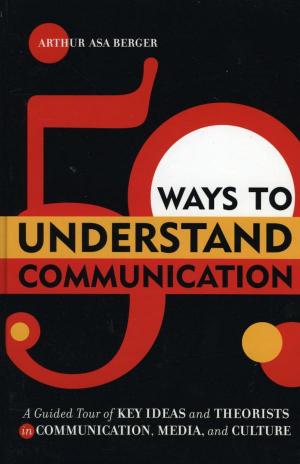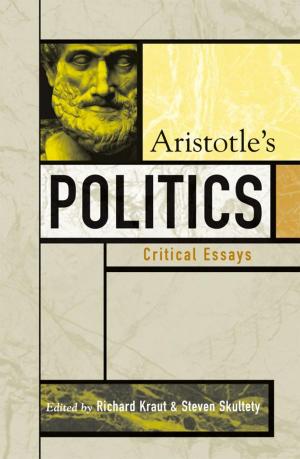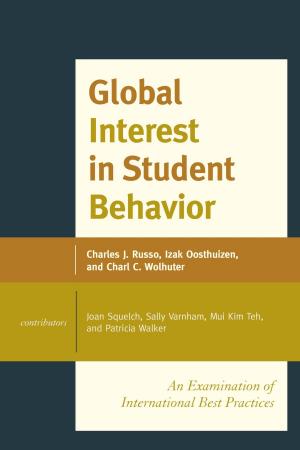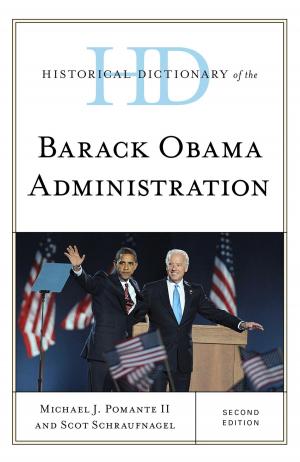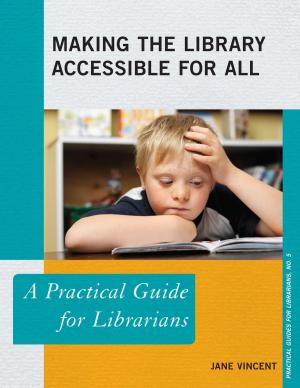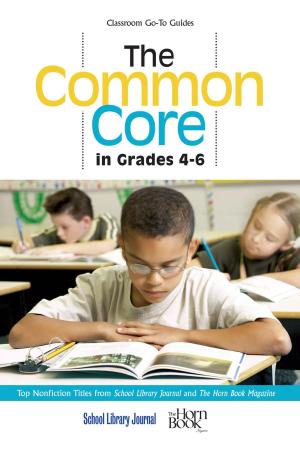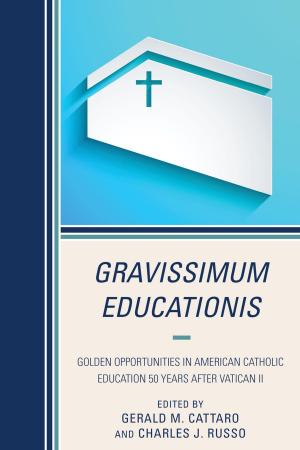A Field Guide for Activating the Learner
Using the Learner’s Brain
Nonfiction, Reference & Language, Education & Teaching, Educational Theory, Leadership, Teaching, Teaching Methods| Author: | Mario C. Barbiere | ISBN: | 9781475841237 |
| Publisher: | Rowman & Littlefield Publishers | Publication: | September 26, 2018 |
| Imprint: | Rowman & Littlefield Publishers | Language: | English |
| Author: | Mario C. Barbiere |
| ISBN: | 9781475841237 |
| Publisher: | Rowman & Littlefield Publishers |
| Publication: | September 26, 2018 |
| Imprint: | Rowman & Littlefield Publishers |
| Language: | English |
How will a teacher plan his/her instructional delivery and deliver their plan? How will he/she know if the assessments they used were effective and what will they do with that information? What is Consolidation for Closure? What role is reflection in lesson planning? These questions and many more were addressed and answered in the field guide so the readers would have a theoretical construct for each strategy is provided.
Having a theoretical framework for instruction is useful, but how theory intersects with practice is important. The theory must be applicable in the classroom. This field guide provides practical application of the skills presented via activities and worksheets that are provided within each chapter. The activities and worksheets can be used for professional development sessions, Professional Learning communities (PLC) and grade level meetings.
Included are rubrics for classroom environment, differentiated instruction, Objective and Demonstration of Student Learning (DSL) rubric, Objective and Demonstration of Student Learning (DSL) checklist, student engagement, student interviews, use of data can be used for self-improvement, peer coaching, or for self-improvement.
How will a teacher plan his/her instructional delivery and deliver their plan? How will he/she know if the assessments they used were effective and what will they do with that information? What is Consolidation for Closure? What role is reflection in lesson planning? These questions and many more were addressed and answered in the field guide so the readers would have a theoretical construct for each strategy is provided.
Having a theoretical framework for instruction is useful, but how theory intersects with practice is important. The theory must be applicable in the classroom. This field guide provides practical application of the skills presented via activities and worksheets that are provided within each chapter. The activities and worksheets can be used for professional development sessions, Professional Learning communities (PLC) and grade level meetings.
Included are rubrics for classroom environment, differentiated instruction, Objective and Demonstration of Student Learning (DSL) rubric, Objective and Demonstration of Student Learning (DSL) checklist, student engagement, student interviews, use of data can be used for self-improvement, peer coaching, or for self-improvement.

